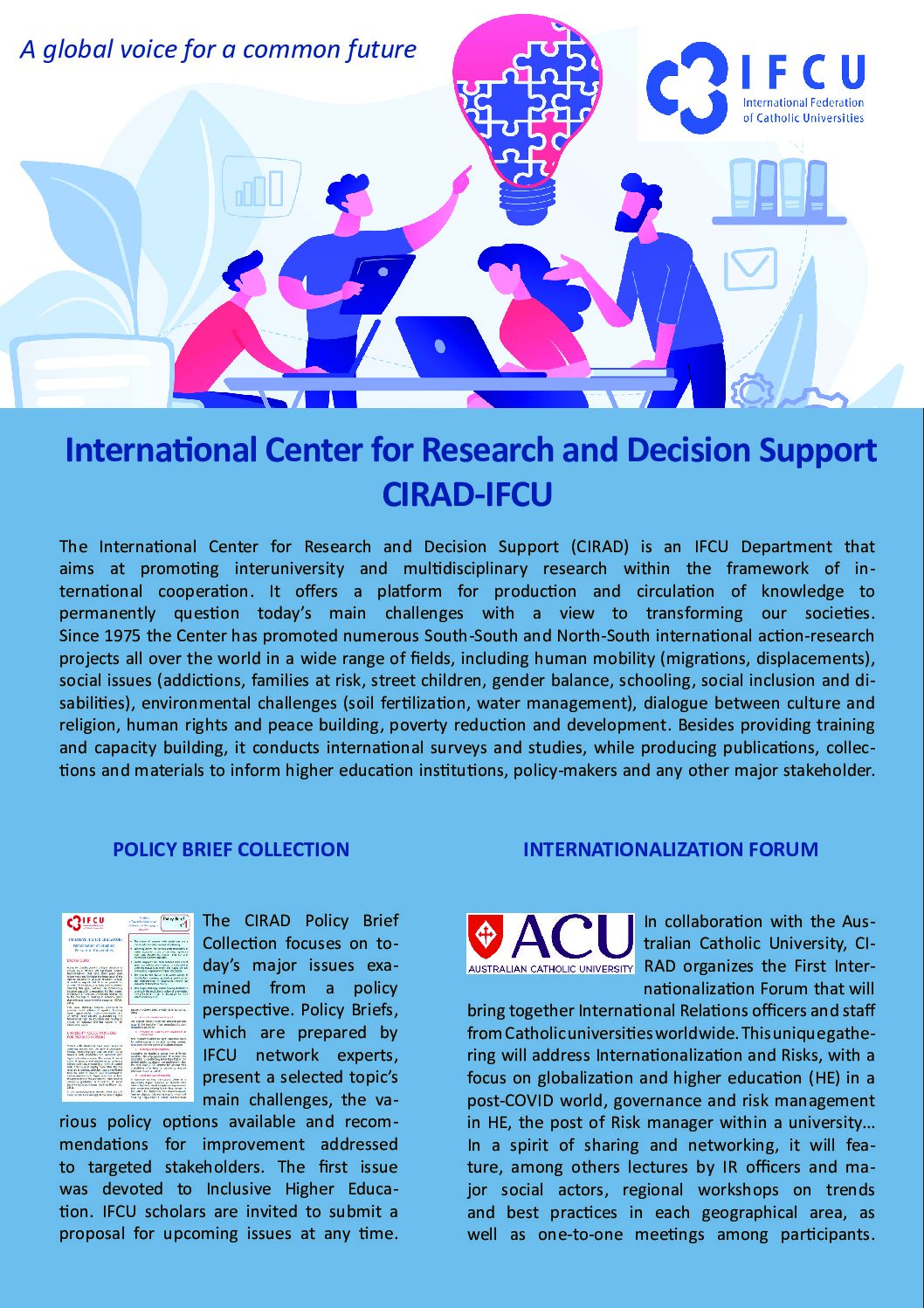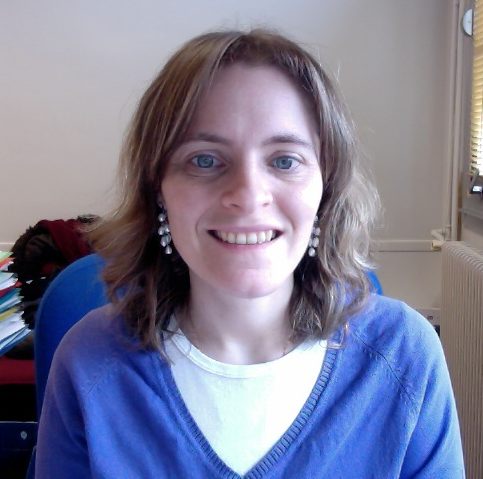The Council of Europe promoting Education and Culture

One of the three thematic committees of the Conference of INGOs of the Council of Europe is working on the theme “Education & Culture”.
According to the 2008 White Paper, education for intercultural dialogue contributes to the Council of Europe’s essential missions: to promote human rights, democracy and the rule of law. In April 2016, the Committee of Ministers adopted a report entitled “Competences for democratic culture, living together as equals in culturally diverse democratic societies“.
Among the various initiatives presented at the session of the Conference of INGOs in June 2017, the working group “Teaching to Intercultural Dialogue – Living Together in Europe” highlighted the Intercultural Cities Program (ICC). Based on the concept of cultural diversity, the program set up in 2008 now includes more than 100 cities (including outside Europe), and aims at promoting intercultural dialogue at the city level . In this working group, INGOs also set up friendship groups to learn French for better integration, as well as an interfaith education program.
The Committee set out the various actions to be taken and recommendations. It would mainly consist in increasing the understanding of differences and the awareness of discrimination in order to strengthen social cohesion and peacebuilding.
The working group on the proper use of digital media has shown that attention is often more focused on education than on the media. This notion is important because the Internet can constitute an obstacle to the development of democracy. The group has set up an index to share the initiatives of the different INGOs in the field of education, in order to inspire other INGOs’ projects.
Finally, the working group “Teaching History” would like to organize a side event in 2018 on the topic of “Violence in History”. This side event would focus on populism, fake news, hate speech, migrants and refugees. These are all themes that IFCU would like to pursue in the future through its network of research centers.
For more information, please visit the Education & Culture Committee website.


